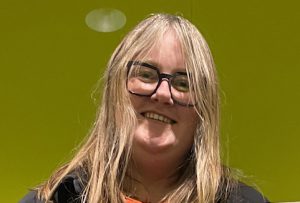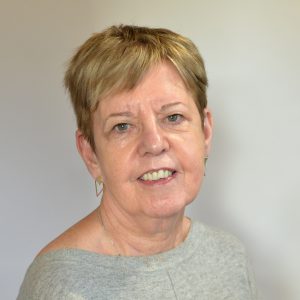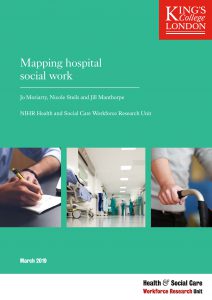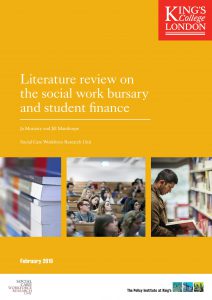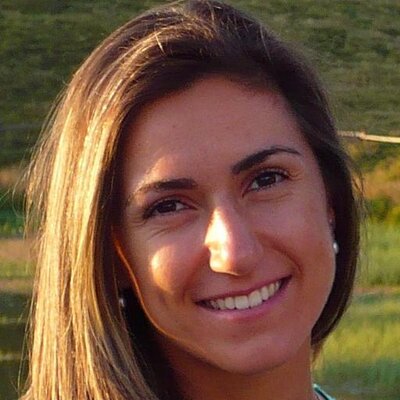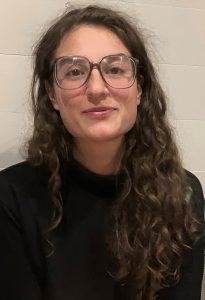 Carolin Hess is a PhD student in the NIHR Policy Research Unit in Health and Social Care Workforce who has been awarded Doctoral funding from the NIHR School for Social Care Research. She reports from a recent webinar, the latest in the Unit’s Homelessness series. (920 words)
Carolin Hess is a PhD student in the NIHR Policy Research Unit in Health and Social Care Workforce who has been awarded Doctoral funding from the NIHR School for Social Care Research. She reports from a recent webinar, the latest in the Unit’s Homelessness series. (920 words)
The webinar, attended by over 200 people, presented emerging findings from an innovative study ‘Addressing Homelessness in Social Work Education’, conducted by Jess Harris and Karl Mason and funded by the National Institute for Health and Care Research (NIHR) School for Social Care Research (SSCR).
The study delved deeper into an aspect of a previous study on Safeguarding responses to homelessness and self-neglect, which examined why social workers, including those in safeguarding roles, may be inadequately prepared for working with people experiencing homelessness. The study is also connected to a previous webinar on a study on the ‘Homelessness Social Worker Role’ which explored the experiences and support needs of specialist homelessness social workers, as well as the systemic barriers they face. This earlier webinar revealed that many social workers reported limited exposure to homelessness-related topics during their qualifying courses and uncertainty about their role in this area. Continue reading

